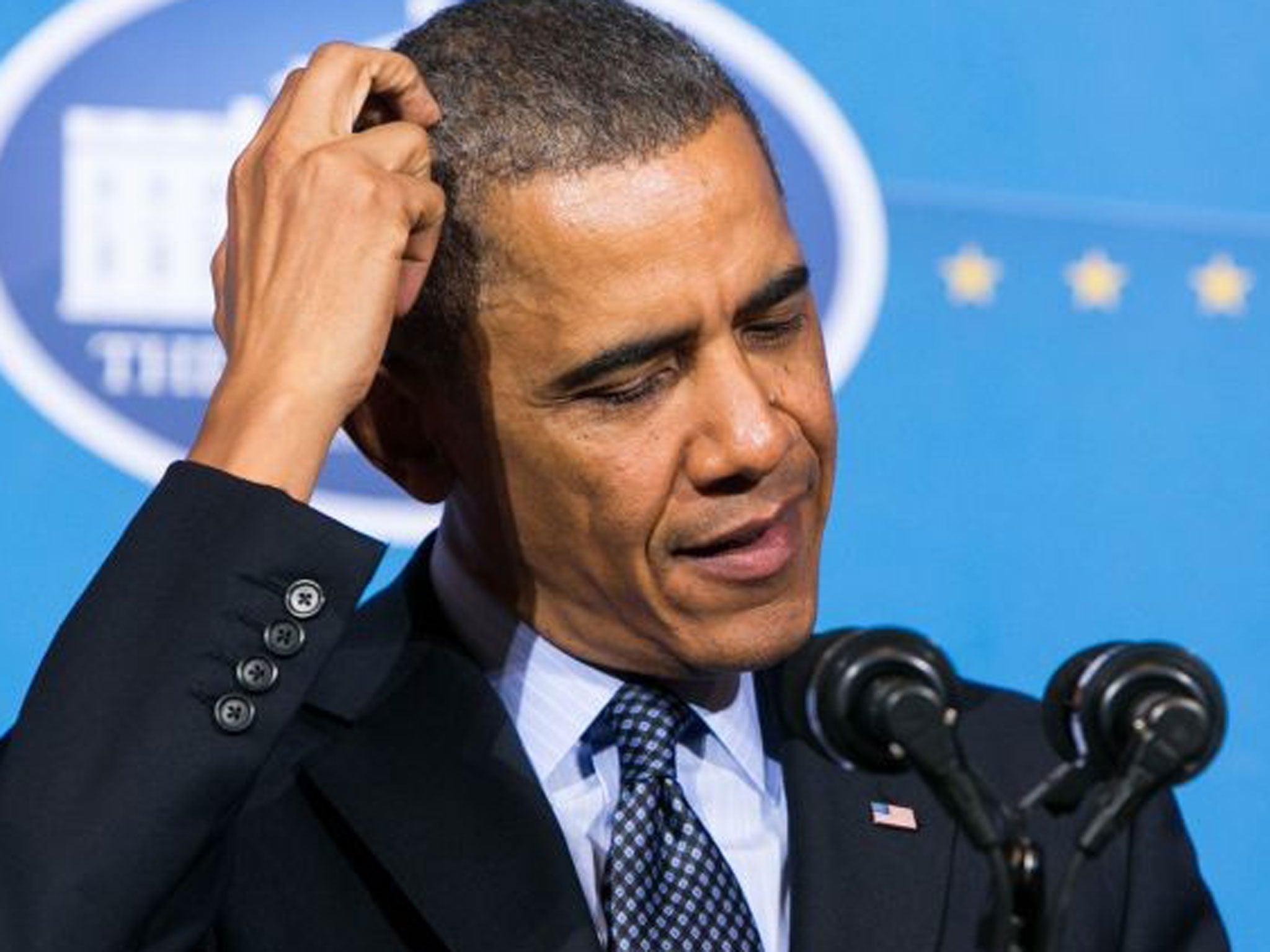WikiLeaks publishes Trans-Pacific Partnership draft agreement

WikiLeaks has added to the White House's problems around a trade deal with 11 other Pacific Rim countries, publishing a chapter of a draft text which had been secret.
The Trans-Pacific Partnership, a free trade treaty, had hitherto been discussed in secrecy, angering US lawmakers and pressure groups.
Negotiations have been underway for three years between the US, Canada, Australia, New Zealand, Japan, Mexico, Malaysia, Chile, Singapore, Peru, Vietnam, and Brunei. The leaked chapter is 30,000 words long and focuses on intellectual property rights.
It proposes an increase in the term of patents, including medical patents, beyond 20 years. It also pushes for strong measures against hackers who seek to break copyright protection, but also stipulates that protection can be broken in "lawfully authorised activities carried out by government employees, agents, or contractors for the purpose of law enforcement, intelligence, essential security, or similar governmental purposes".
According to The Guardian, Peter Bradwell, policy director of the Open Rights Group, which campaigns for freedom of digital information, said: "We're really worried about a process which is so difficult for those who take an interest in these agreements to deal with. We rely on leaks like these to know what people are talking about.
"Lots of people in civil society have stressed that being more transparent, and talking about the text on the table, is crucial to give treaties like this any legitimacy. We shouldn't have to rely on leaks to start a debate about what's in them."
Secrecy around the TPP has seen so intense that even members of US Congress were only allowed to view selected portions of the documents under supervision.
The deal has already caused numerous headaches for the Obama administration. Two thirds of Democrats in the House of Representatives on Wednesday voiced their opposition to the use of Trade Promotion Authority - a presidential power to put deals before Congress only for approval or disapproval but not for amendment or filibuster.
In a letter to President Obama, 151 House Democrats said: "Given our concerns, we will oppose 'fast track' Trade Promotion Authority or any other mechanism delegating Congress' constitutional authority over trade policy that continues to exclude us from having a meaningful role in the formative stages of trade agreements and throughout negotiating and approval processes."
Similarly on Tuesday, 22 House Republicans said in a letter to US Treasury Secretary Jack Lew that granting so-called fast-track trade negotiating authority would amount to "delegating away Congress' constitutional authority over trade."
Previously, 230 US House members and 60 senators had written the administration to demand any deal ensures member countries do not engage in unfair currency practices that could hurt the US economy.
Republican Senator Lindsey Graham and Sander Levin, the top Democrat on the House Ways and Means Committee, said they would reject any agreement that did not contain a currency manipulation clause.
"You've got to be willing to vote 'No' if (currency manipulation) is not addressed," Graham said.
Subscribe to Independent Premium to bookmark this article
Want to bookmark your favourite articles and stories to read or reference later? Start your Independent Premium subscription today.

Join our commenting forum
Join thought-provoking conversations, follow other Independent readers and see their replies